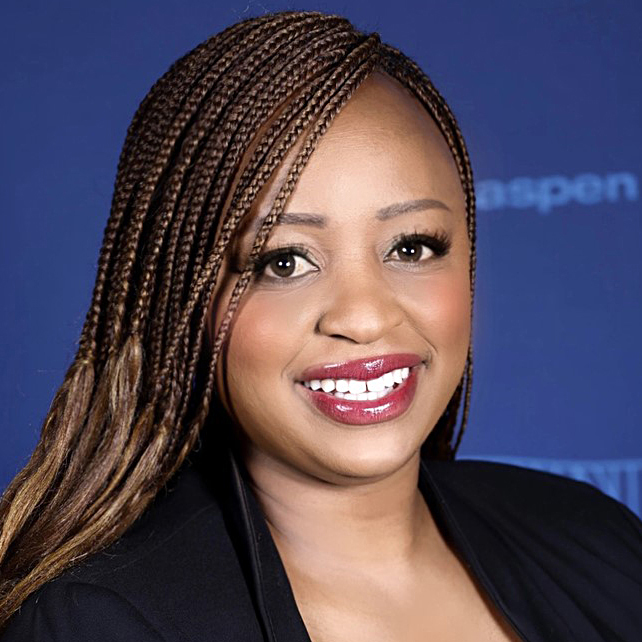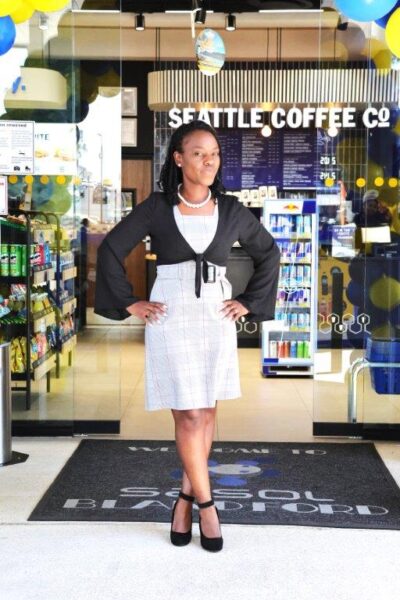Business Day International Women’s Day
Breaking The Boys’ Club: If Investing In Women Yields Good Returns, Then Why Are We Still Fighting For Their Inclusion?
According to the Africa Development Bank, 22% of Africa’s working-age population is starting businesses – leading their continent to boast the highest entrepreneurship rate globally. Excitingly, African entrepreneurs primarily consist of women – with 58% of Africa’s self-employed population identifying as women – contributing to the world’s highest rate of female entrepreneurial activity at 26% throughout Africa. Put simply, African women are twice as likely to start a business than women worldwide.
These staggering statistics, however, do not translate into staggering economic growth spurred by women-led businesses. While several factors contribute to this inverse relationship – social mores, caretaking responsibilities, and minimal opportunity for skill development – a primary factor is the lack of prioritized funding for women across the African continent including South Africa. It is undebatable that women-led businesses in South Africa have limited access to finance in comparison to their male counterparts. This is startling considering that according to the Small Enterprise Development Agency (SEDA), approximately 72% of micro-enterprises and 40% of small enterprises in South Africa are currently women-owned.
To further accelerate the growth of women-led businesses, the South African ecosystem must collaborate with policymakers including the Department of Small Business Development which hold the regulatory power to unlock further gains for women entrepreneurs, as well as their communities who benefit tremendously from gender-lens investing. One way to alleviate poverty is to empower South African women economically through investing in their entrepreneurial ventures and offering financing that is adaptable to what women entrepreneurs need from their financing.
The Aspen Network of Development Entrepreneurs South Africa (ANDE SA) is leading its ecosystem collaboration to influence the efforts of African investors by ensuring women are equipped with the tools and skills key to proving the potential of their small and growing businesses (SGB). ANDE SA’s work falls under ANDE’s Gender Equality Initiative which aims to bring experts together to move the needle on gender equality in entrepreneurship, providing funding to pilot projects to address the gender finance gap, helping build know-how among investors to incorporate gender into their business models, and looking at the intersection of gender and climate.
While there has been some level of progress in bridging the financial gap, it requires a collective effort from leaders, government, investors, and corporations. To actively engage investors to venture into gender-lens investing, ANDE has spent the past two years awarding grants to investors to encourage gender-smart decisions – and provide women entrepreneurs with the tools for accumulating assets, generating income, managing financial risks, and enabling their full participation in the economy. Even under this work though, within ANDE’s work, they are acutely aware that the battle of closing the gender gap is not a simple effort. According to ANDE SA’s Sekai Chiwandamira, “If the ecosystem is conducive, and provides an enabling environment, then it becomes possible to address the gender gap. However, if the ecosystem is highly fragmented, acting in silos and not embodying the principle of gender-lens investing, it becomes even more challenging to close the gap.”
A notable example of this challenging, multifaceted approach to closing the gender gap in Africa includes ANDE’s Pay for Results Facility. This incentive-based structure is intended to cover the costs associated with developing the systems and processes that are necessary for deploying a gender lens in one’s investments. Alitheia IDF is Africa’s first dedicated gender lens investing fund, which aims to pioneer a private equity fund that identifies, invests in, and grows in women-led businesses. The grant payment administered by ANDE will then be contingent upon evidence of a clear path to gender impact through investments. Chiwandamira shares the importance of this facility as it not only shifts the portfolio of investments but also ensures sustainable equity within their organizational processes; “If we truly want to change the status quo, we have to change the way we do things, and our attempt at encouraging financial inclusion for women is by rewarding investors and helping them prioritize pipeline opportunities and make gender-smart business decisions.”
Across the world, investors are sharing an increased interest in making gender-smart investments to not only close the gap between male and female entrepreneurs but also to catalyze economic growth globally. If South Africa wants to continue to lead the board in terms of entrepreneurship, all stakeholders across the South African ecosystem must adapt their strategies to equitably support women entrepreneurs of small and growing businesses.






 Sign-up and receive the Business Media MAGS newsletter OR SA Mining newsletter straight to your inbox.
Sign-up and receive the Business Media MAGS newsletter OR SA Mining newsletter straight to your inbox.